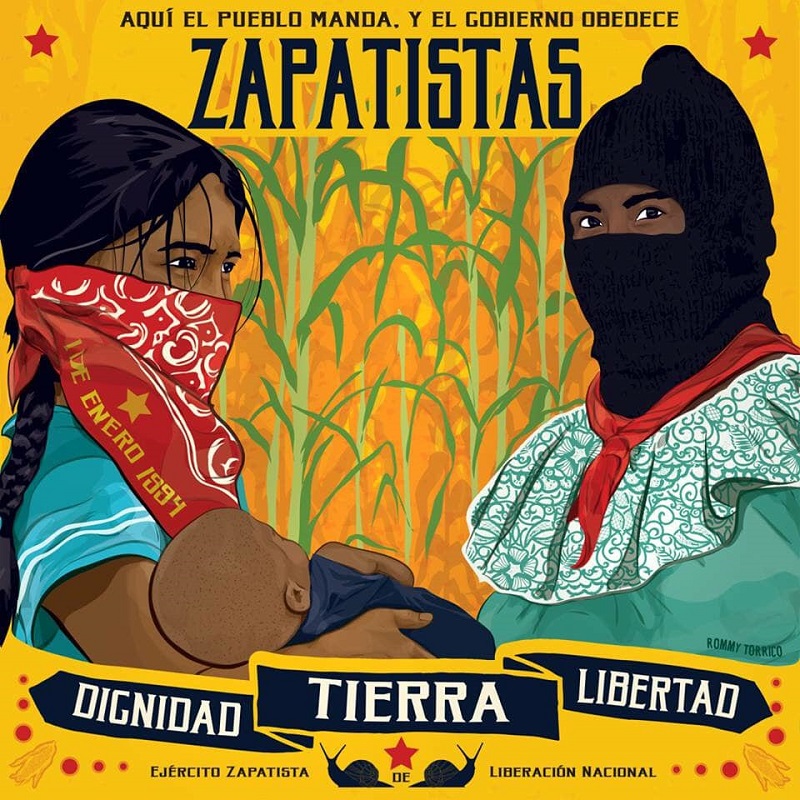Special issue editors: Bengi Akbulut (Concordia University), Julien-François Gerber (ISS) and Federico Demaria (ICTA UAB)
Degrowth is not alone. It is just one among many alternatives to development (for an inventory, see “Pluriverse: A Post-Development Dictionary”). All these worldviews and practices compose the Pluriverse: “A world where many worlds fit”, as the Zapatistas say. The exploration of these alternatives already finds concrete expression in a panoply of new or re-emerging concepts and practices, but many questions remain open. What is a transformative alternative? Alternative to what? What do they have in common and how do they differ? How do they differ from techno-managerial mainstream proposals?
For this special session, we preferably welcome empirically grounded contributions, rather than discourse analyses and theoretical elaborations. We intend to move beyond critique and resistance, and understand how alternative practices can prosper. We are planning to collect the contributions into a special issue.
We particularly encourage contributions on these issues that are part of the post-development research agenda. Priority topics include:
– The exploration of territorial experiences such as Rojava, Chiapas, Cuba, Kerala, Bhutan, indigenous societies, and any other relevant initiatives;
– Historical territorial experiences and exilic spaces (e.g. Zomia, Maroons or Makhnovia);
– Municipal alternatives (e.g. Marinaleda, Mendha Lekha, Longo Maï or Auroville) and ethnographic studies of community/solidarity economies and intentional communities;
– Various conceptions of the “good life” as a basis for building concrete alternatives (e.g. Buen vivir, mino-mnaamodzawin, bamtaare or tri hita karana);
– Post-growth and well-being policy initiatives (e.g. New Zealand, Wales or Scotland);
– Assessment of alternatives from a variety of perspectives (ecological, gender, economic, democracy,…);
– How to deal with the problems of differentiated populations (with different interests) and of essentializing ‘cultural alternatives’?;
– Contradictions within and among alternatives: e.g. pluriversality and universality. For instance, how can we deal with those worlds that do not want to relate – ethno-nationalist and imperializing worlds – without going against the principles of the pluriverse? Is it possible to do so without resorting to universal criteria?
– Convergences and alliances of alternatives: What potential for tensions and complementarities is there? At local, national, regional or global level (e.g. Pam a Pam, Crianza mutua, Vikalp Sangam and Global Tapestry of Alternatives).
GUIDELINES: Authors interested to join the Special Issue and ideally -but not necessarily- the special session at the Degrowth conference (Manchester, 1-5 September 2020), are invited to submit via e-mail to Federico Demaria by the 28th of February 2020, a proposal in the form of an abstract (maximum 250 words; no referecens), with title, authors and affiliation. We are working on a Special Issue to be published in a good peer-reviewed journal like Development and Change, Ecological economics or Journal of Peasants Studies. Tentatively, articles to be submitted at the end of 2020, and publication at the end of 2021.
Call for papers of the Manchester conference available here.


